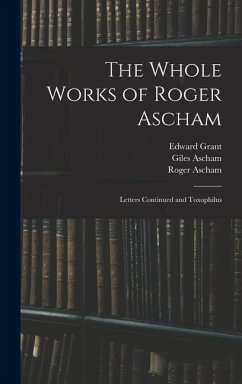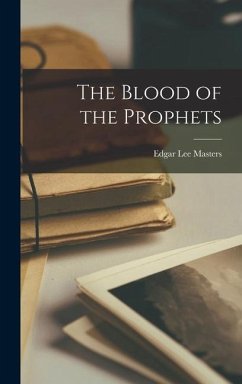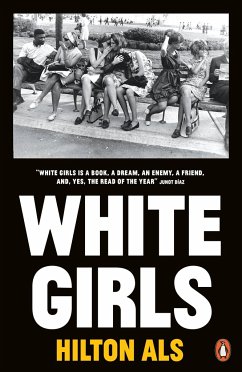
A Whole World
Letters from James Merrill
Herausgeber: Hammer, Langdon; Yenser, Stephen

PAYBACK Punkte
17 °P sammeln!
The selected correspondence of a literary master and one of the twentieth century's last great letter writers. "I don't keep a journal, not after the first week," James Merrill asserted in a letter to a friend. "Letters have got to bear all the burden." A vivacious correspondent--writing eagerly and often to family and lifelong friends, American and Greek lovers, confidants in literature and art--Merrill pondered aesthetics, opera and painting, housekeeping and cooking, the comedy of social life, the mysteries of the Ouija board and the spirit world, his travels around the globe, and psycholog...
The selected correspondence of a literary master and one of the twentieth century's last great letter writers. "I don't keep a journal, not after the first week," James Merrill asserted in a letter to a friend. "Letters have got to bear all the burden." A vivacious correspondent--writing eagerly and often to family and lifelong friends, American and Greek lovers, confidants in literature and art--Merrill pondered aesthetics, opera and painting, housekeeping and cooking, the comedy of social life, the mysteries of the Ouija board and the spirit world, his travels around the globe, and psychological and moral dilemmas in funny, dashing, unrevised missives, composed to entertain himself as well as his correspondents. On a personal nemesis: "the ambivalence I live with. It worries me less and less. It becomes the very stuff of my art"; on a lunch for Wallace Stevens given by Mrs. Knopf: "It had been decided by one and all that nothing but small talk would be allowed"; on romance in his late fifties: "I must stop acting like an orphan gobbling cookies in fear of the plate's being taken away"; on great books: "they burn us like radium, with their decisiveness, their terrible understanding of what happens." Merrill's daily chronicle of love and loss is unfettered, self-critical, full of good gossip, and attuned to the telling detail--a natural extension of the great poet's voice.













